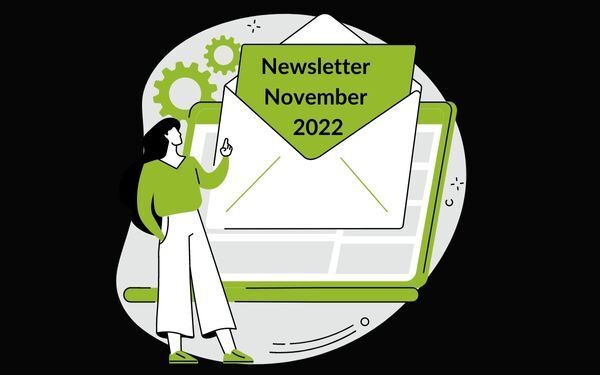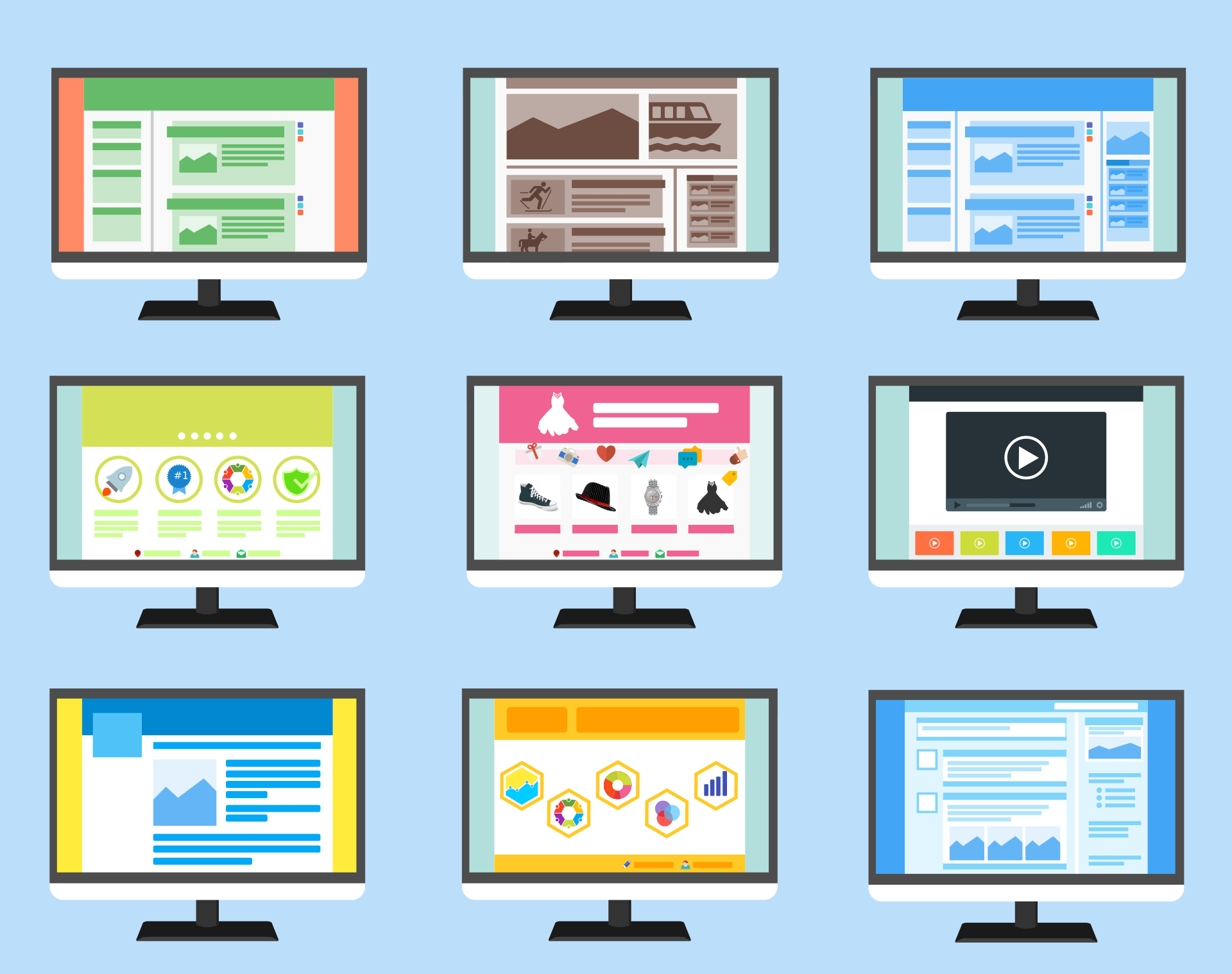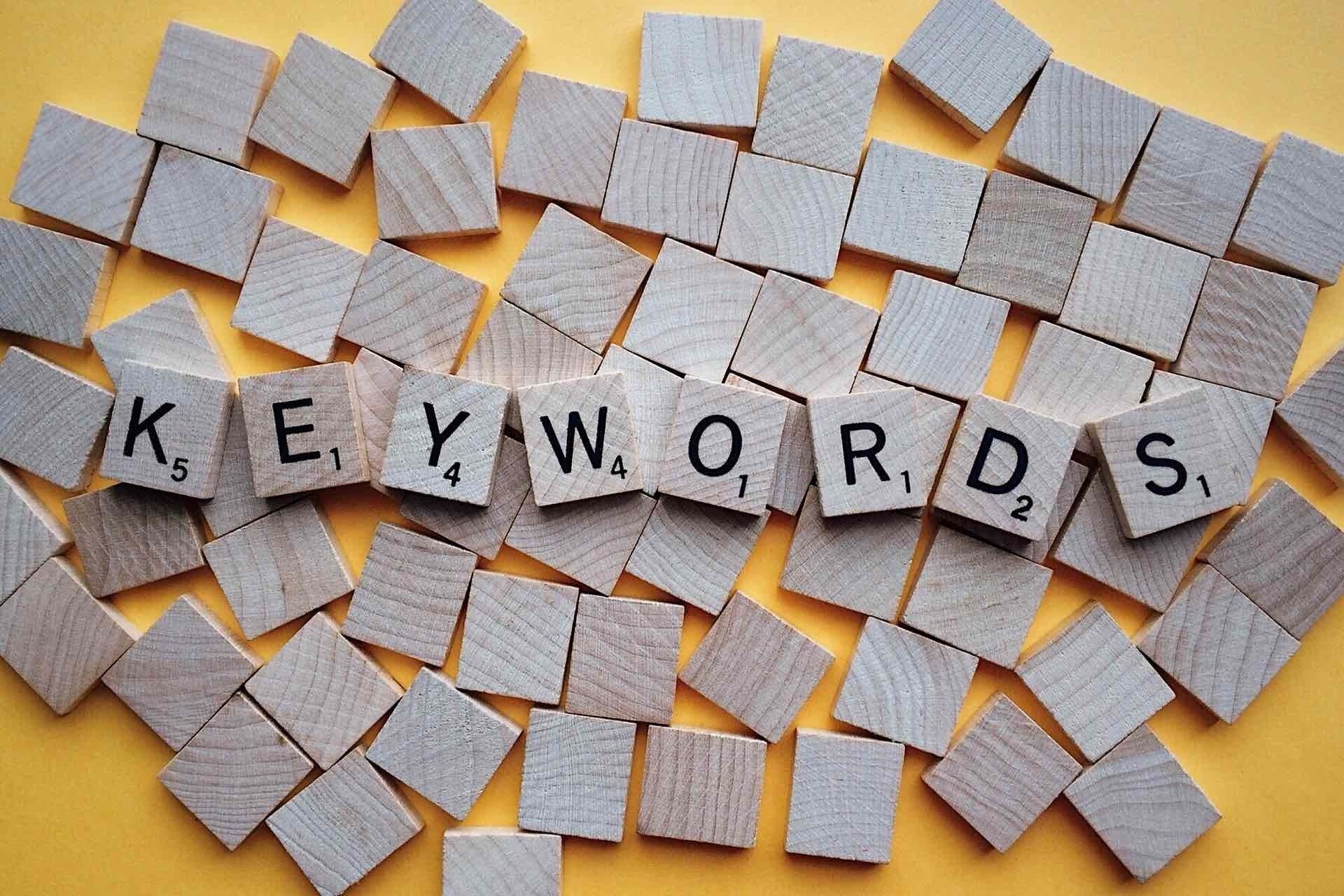The power of the pronoun
Pronouns: what you’re really saying about your business
We use pronouns every day, they’re those little words we use in place of names; words like ‘I’, ‘you’, ‘we’, ‘he’, ‘they’ and ‘us’. Often, we use them without thinking, but when communicating with your customers on your website, social media and in promotional materials pronouns can reveal a lot about your business.
What’s in a word?
In the simplest terms your pronoun choices make a statement about your company, specifically its size and feel. Imagine you’re writing text for your website and you’re talking about your work and your products. If you use the word ‘I’ you’re immediately telling your customers that you’re a one-person business. If you use the term ‘we’ your customers can reasonably assume that there is more than one of you involved in the business.
Why does it matter which word I use?
By using the pronoun ‘I’ or ‘we’ when discussing yourbusiness you’re immediately telling your customers that you’re directlyinvolved in your business.
Consider the three sentences.
1. I paint all wooden cabinets by hand.
2. We paint all wooden cabinets by hand.
3. All wooden cabinets are painted by hand
The three sentences convey the same core information to the customer – that the business paints and decorates wooden cabinets by hand, but they all say something very different about the company itself. The first sentence can only refer to a single-person business; the second could be anything from two people to a larger organisation. But in both examples it’s clear that the company is directly involved in decorating the cabinets. The third example could be any size company, but by removing the personal pronouns it’s unclear. In the third sentence the company may have no involvement in decorating the cabinets; they may just buy and sell hand-painted items.
The power of one
There are lots of occasions when you will want to use the pronoun ‘I’. It creates an immediate connection with your customers – you’re telling them who you are and that you’ll be personally involved in the transaction. There are lots of industries where people value a personal touch. It can mean that the customer will receive a more tailored service, or that they’ll benefit from the skills of a specific individual. Examples could include wedding planners, web designers, photographers and copywriters.
When bigger is better
There are times when you will want to convey a sense of company size through your language. Whilst the personal touch has its merits there are occasions when people will be reassured by dealing with a larger firm. Going back to our wooden cabinet example, if the customer is a homeowner then they may place value in dealing with an individual. But if the customer is a chain of hotels looking for 100 cabinets at short notice, then it’s very unlikely a sole trader painting each unit themselves, could fulfil the order in time, whereas a large firm could.
Pronouns and professionalism
There are some industries that introduce their business in the third person. This is more common for companies offering qualified services like legal or accountancy, as it lends the company a sense of authority and professionalism. They may use pronouns like ‘we’ or ‘our’ as well, but generally they lead with a statement that is one step removed; e.g. Devon Accountancy Direct is a leading provider of professional accountancy services.
Guiding principles for pronoun use
- Be consistent when using pronouns – decide on the voice for your company and stick to it.
- Never use pronouns to mislead your customers; be honest about your company size and what customers can expect.
- Define the values you want to associate with your company and choose pronouns accordingly.
- It’s fine to use gender pronouns (he, she) about yourself, but never make assumptions about your customers, as this can exclude or offend.
Writing in a consistent voice
Using pronouns is just one aspect of the story you tell about you and your company; both online and in print material. Getting the tone and voice right for your communications is really important and it can be hard to maintain a consistent style that best reflects your business. If you need help with writing material for your website, social media or company documentation then we have experienced copywriters who can write in a range of voices and styles.




QUICK LINKS
QC Newsletter sign-up
We will get back to you as soon as possible.
Please try again later.
All Rights Reserved | QuayClick Marketing Ltd
We’re a website design and digital marketing agency based in Exeter. We help businesses grow online and have over 20 years of experience in Web Design. We offer several inbound strategies, including paid search and SEO. In addition, our content team can help with copywriting and email campaigns.












